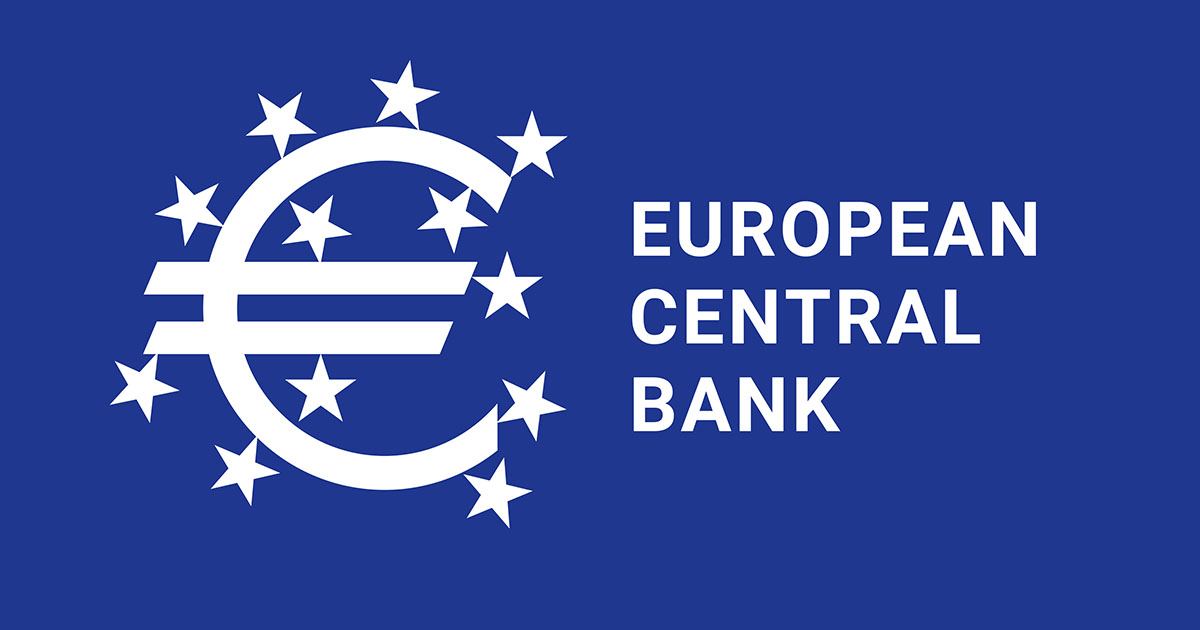
In hiking its deposit rate by a quarter point in September, the European Central Bank (ECB) signalled its commitment to achieving price stability. While this rate increase might not be the last, focus now shifts towards how long rates will stay at that peak. We remain skeptical that the ECB will deliver rate cuts as early as the market expects.
Uncertainty looms over the inflation trajectory. While economic momentum in the euro area has weakened materially, labour markets remain strong and underlying inflation appears sticky. Accordingly, the new ECB staff projections show considerably weaker near-term growth than previously expected, but still above-target inflation in 2025, at 2.1%.
Eurozone headline and core inflation stood at 5.3% in August, according to Eurostat. While headline inflation has halved since its 2022 peak, underlying price pressures remain stubbornly high, driven primarily by domestic factors. For inflation to return to the ECB’s 2% target, additional weakening in the labour market and in the overall economy may be necessary.
The ECB’s asset purchase programme (APP) reinvestments have stopped as planned, as the bank looks to gradually unwind accommodative policy. Also, the ECB might consider an earlier cutback in pandemic emergency purchase programme (PEPP) reinvestments, perhaps as early as this year. Amidst elevated issuance needs, this weakens the relative technical picture for government bonds, and speaks to a rebuild of term premia over time.
Investment implications: We believe European interest rate swaps should continue to outperform core government bonds, and expect the interest rate curves to steepen.
Interest rates: Weak growth momentum meets resilient labour markets
While the ECB signalled it expects current policy rates will make a substantial contribution to the return of inflation to target, policymakers’ emphasis remains on a data-dependent meeting-by-meeting approach, driven by a regular assessment of the inflation outlook, the dynamics of underlying inflation, and the strength of monetary policy transmission.
Immediately following the ECB’s quarter-point hike to 4.0% on 14 September, markets were pricing around 5 basis points of cumulative ECB hikes over the following meetings, and rate cuts starting 1Q next year. While we believe the terminal rate currently priced into financial markets looks reasonable, we remain skeptical that the ECB will deliver rate cuts so early, given more persistent inflation dynamics.
The near-term euro area growth outlook has deteriorated markedly. The significant fall in the Purchasing Managers’ Index (PMI) for the euro area suggests that the economy is on the brink of a mild recession: The composite PMI fell to 46.7 in August, which historically is consistent with a modest GDP contraction of around −1% annualized. While other surveys of services activity have weakened more moderately and the hard data remain more resilient, the notable cooling in the services data points to weak growth momentum ahead.
The ECB September projections expect growth in compensation per employee to be running at 3.8% year-over-year in 2025, down from a peak of 5.3% in 2023, yet well above its long-run average of 2.1%. The euro area unemployment rate sits at a record low of 6.4% as of July, according to Eurostat.
While the labour market remains tight, it is also starting to show some early signs of softening, as employment growth has slowed and forward-looking indicators point to further moderation ahead. Moreover, some wage indicators suggest that pay pressures have started to ease as headline inflation falls. More weakening is likely needed to return inflation back to target.
ECB balance sheet: No changes in September, but more to come
The ECB maintained its balance sheet guidance at the September meeting, and still intends to reinvest PEPP maturities until at least the end of 2024. Flexible PEPP reinvestments remain the first line of defense against fragmentation risk – i.e., the potential for various euro area sovereign yields to shift or respond differently to ECB policy, which can destabilize markets. However, we believe the ECB is aiming for an earlier cutback in PEPP reinvestments, potentially as early as this year.
In addition to pandemic-related considerations becoming less prevalent, reduced government issuance plans for the second half of the year, flat sovereign yield curves, and stable sovereign spreads are all conducive to further balance sheet normalization. For both the APP and the PEPP, we do not anticipate the ECB to rule out selling bond holdings, but envision a gradual and orderly passive reduction of reinvestments.
We do not expect the ECB to increase the minimum reserve ratio from its current 1% anytime soon. The rationale for minimum reserve requirements is less clear in an ample excess liquidity environment, and such a move could raise questions about the objectives in the Eurosystem’s reaction function related to central bank profits and losses.
The ECB might also decide to adjust downward its guidance regarding the remuneration of domestic government deposits, from the current ceiling at the euro short-term rate (€STR) minus 20 basis points, to encourage a reduction of such deposits. The Bundesbank recently decided to remunerate these deposits at 0%, noting they do not fulfil an autonomous monetary policy function.
In any case, we think that neither a decision to increase the ECB minimum reserve ratio nor a decision to lower the remuneration ceiling for government deposits further would have durable impacts on European money markets.

